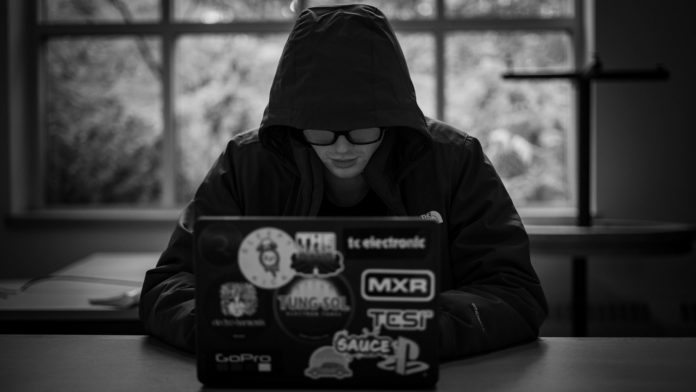St. Thomas University has introduced a certificate and an interdisciplinary major in digital arts and literacy, which will teach students how to embrace digital liberal arts.
Last winter, STU announced a first-year course focused on digital tools to navigate the online world. The certificate and major expand on the course by providing students with knowledge on how to express themselves online and navigate information.
Katherine Thorsteinson, assistant professor in the English department, was the first to teach a digital literacy course at STU. In an email, she said digital literacy will “equip students with the cognitive competencies necessary” to understand an ever-changing digital world.”
Students getting their major or certification in digital arts and literacy will learn a variety of skills from producing podcasts and videos to identifying fake news.
Thorsteinson said she will work with the certificate in digital literacy, which has a narrow skill-set for technical expertise. The courses are mostly focused on literacy, tackling the relationship between the digital world and the media.
“In this age of misinformation, these digital and media worlds need your critical thinking,” wrote Thornsteinson. “In this age of cyberbullying and cyberterrorism, these digital and media worlds need your ethical intuitions and humanistic sensibilities.”
André Loiselle, STU’s dean of humanities, said it’s important to adapt to the changing times and learn how to engage with virtuality. He said the major specifically focuses on virtual self-expression through digital tools.
“[The major] is for students who do not only want to learn generally about digital media, but really want to focus on using digital media as a creative outlet, either through the creation of videos, blogs, web pages or whatever venue they choose,” he said.
Loiselle said Thorsteinson’s digital literacy course was the first step to introducing the major and certificate, saying that it would be nice to have a structure where students who want to learn more about digital media could do so.
During the summer, Loiselle said professors discussed the creation of the certificate and major, brainstorming ideas on its angle. His role was to ensure the committee could share their thoughts and narrow down to a specific plan for the programs.
Philip Lee, a journalism professor at STU and a faculty advisor for the program, said it is a great opportunity for students who are interested in journalism and communications but don’t want to work in a traditional newsroom setting.
“There’s a lot of opportunities in the job market for students,” he said.
Lee said he will focus on teaching skills such as storytelling and writing for digital media, especially in his senior seminar. He encourages students to enroll in courses and try out what the program offers.
“I am excited about it because I think it’s an area that has the potential to grow and I would certainly encourage students to explore it,” he said.

